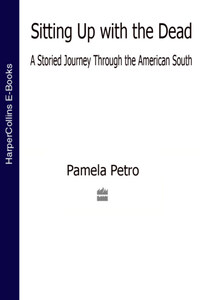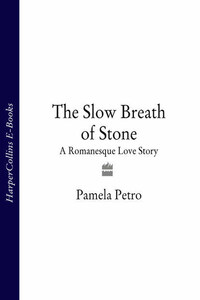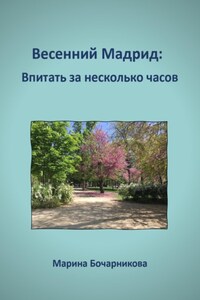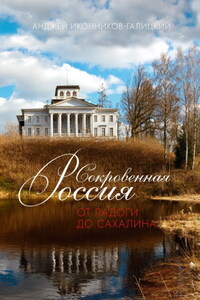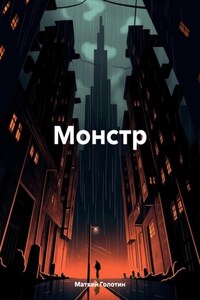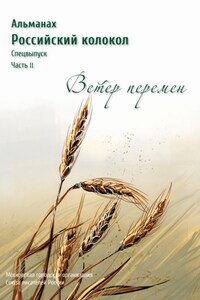Copyright
The author and the publishers of this work would like to express their gratitude to the following: Louisiana State University Press for permission to quote from Black Shawl by Kathryn Stripling Byer (Copyright © 1998 by Kathryn Stripling Byer); Copper Canyon Press for permission to quote from Deepstep Come Shining by CD. Wright; Vintage Press for permission to quote from North Toward Home by Willie Morris; J.M. Dent and Sons for permission to quote from ‘Eheu Fugaces’ from Collected Poems 1945–1990 by R.S. Thomas; and Universal Music Publishing Ltd for kind permission to quote lyrics from ‘Sweet Home Alabama’ (King/Vanzant/Rossington). Although we have tried to trace and contact all copyright holders before publication this has not been possible in every case. If notified, the publisher will be pleased to make any necessary emendations at the earliest opportunity.
Fourth Estate
An imprint of HarperCollinsPublishers
1 London Bridge Street
London SE1 9GF
www.harpercollins.co.uk
Fourth Estate is a registered trademark of HarperCollinsPublishers Limited
First published by Flamingo 2001
Copyright © Pamela Petro 2001
Copyright disclaimer: All of the material printed in optima retains the copyright of the storytellers featured in this book.
Pamela Petro asserts the moral right to be identified as the author of this work
A catalogue record for this book is available from the British Library
All rights reserved under International and Pan-American Copyright Conventions. By payment of the required fees, you have been granted the nonexclusive, nontransferable right to access and read the text of this e-book on-screen. No part of this text may be reproduced, transmitted, downloaded, decompiled, reverse-engineered, or stored in or introduced into any information storage and retrieval system, in any form or by any means, whether electronic or mechanical, now known or hereafter invented, without the express written permission of HarperCollins e-books.
HarperCollinsPublishers has made every reasonable effort to ensure that any picture content and written content in this ebook has been included or removed in accordance with the contractual and technological constraints in operation at the time of publication
Source ISBN: 9780007292295
Ebook Edition © FEBRUARY 2016 ISBN: 9780007391073
Version: 2016-02-17
Dedication
For Marguerite Itamar Harrison,
who introduced me to the American South
and the Southern Hemisphere.
Map of the American South
‘In America, perhaps more than any other country, and in the South, perhaps more than any other region, we go back to our dreams and memories, hoping it remains what it was on a lazy, still summer’s day twenty years ago – and yet our sense of it is forever violated by others who see it, not as home, but as the dark side of hell.’
WILLIE MORRIS, North Toward Home
The Prologue
Chaucer said it was in April that people long to go on pilgrimages. I was two months late; the desire didn’t come upon me until June. His Canterbury-bound pilgrims were moved ‘to seek the stranger strands/Of far-off saints, hallowed in sundry lands.’ A nice idea, but again, my journey differed in the details. No sundry lands for me. Like a contented lodger taken in by a big, unruly family, I lingered in just one place, or one household, you might say, within the United States: the American South. And I wasn’t seeking saints.
What Chaucer’s pilgrims and I have in common is that we chose stories as our waymarks. I traveled from the Atlantic seaboard across the high country of Appalachia to the Gulf Coast, listening to Southern storytellers tell me their tales. Like the Knight, the Nun and the Wife of Bath, stories served all of us – listeners and tellers alike – as compasses of understanding to high country and low, to the past and present, to ghosts and the living, to right, wrong, and finally, to the way home. Chaucer knew that stories are the surest guides on any journey. They are, in fact, journeys themselves, leading out of the graspable, sweaty present into the vanished or imaginary worlds that support it. They give depth and shading to the here and now, comment on it, contradict it, and crosshatch all that we think we know about a particular place with the shadows of lives long gone and schemes of characters who never actually breathed, but flourish in communal daydreams.
